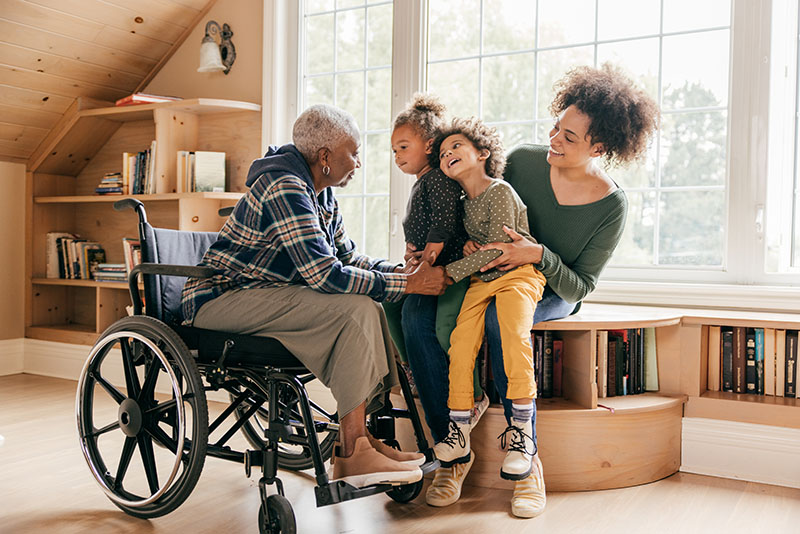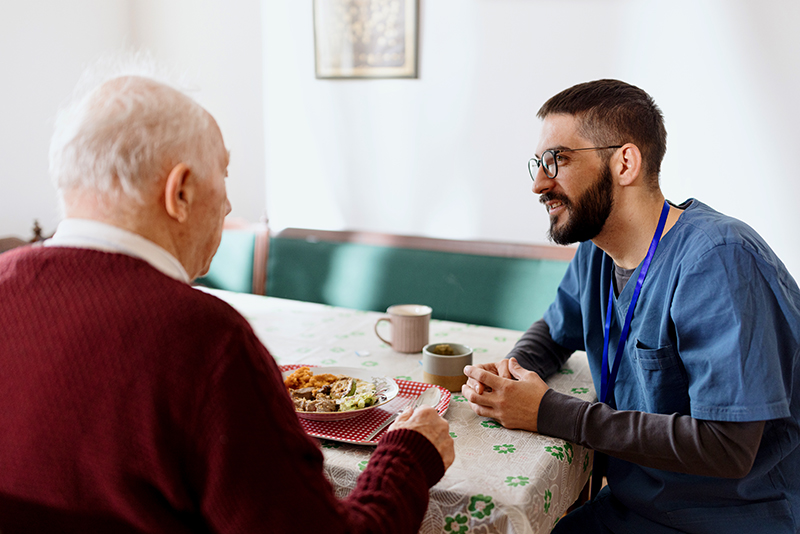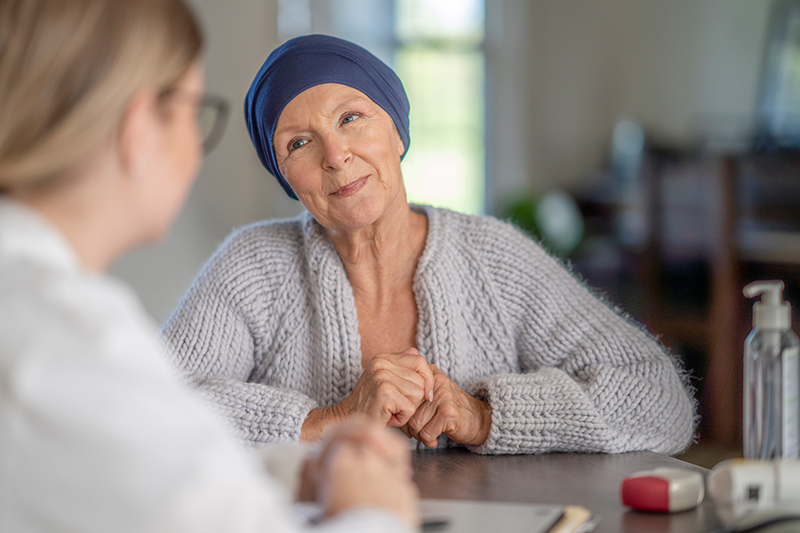
What Is Ableism, and How Can We Prevent It? What’s your first thought when you see an older person in a wheelchair? Do you see that person as less-than, someone in need of being fixed? Do you assume they require special treatment, as though a physical disability impacts intellect as well? How does your thinking shift to see someone standing upright, without the need for a wheelchair; would you think they were better-abled than the wheelchair-bound older adult? These are challenging questions that require honest answers if we are to understand and respond accordingly to hidden disabilities and ableism. What Is Ableism? Ableism is described as “the discrimination of and social prejudice against people with disabilities based on the belief that typical abilities are superior.” It leads to harmful misconceptions and stereotypes. The Two Sides to the Disability Coin Individuals with visible disabilities encounter ableism in many ways: exclusion from venues that are inaccessible, being spoken down to or asked intrusive questions,…

Why Won’t My Aging Parent Eat? Following the indulgence associated with the holiday season, many people elect to scale back on calorie consumption. But when an older adult does not want to eat altogether, or is making unbalanced or unhealthy dietary choices, it is important to determine the cause associated with this behavior, and to discover how to encourage them to get on track with healthier eating. If you’re wondering, “Why won’t my aging parent eat?” we’ve got some suggestions for you to investigate. Changes in an Older Adult's Eating Routines There are many key reasons an older adult may stop eating or start making unhealthy dietary choices – and strategies you can employ to help overcome them: Side effects from medications. Schedule an appointment with the physician for a full examination of all meds being taken, and find out if one or more may be contributing to a loss of appetite or troubling gastrointestinal side effects. See if the medication could be changed to a more tolerable alternative…

The Red Flags of Diabetes in Older Adults It can sneak up silently and unexpectedly, bringing with it dire consequences and a lifetime of care needs. Diabetes is a very real concern for as many as one in three older adults, and early detection is key to implementing lifestyle changes and a treatment plan to keep it under control. It starts with understanding the red flags of diabetes. If you notice any of the following in a senior you love, be sure to contact the doctor for evaluation. What Does Diabetes Look Like? Oral health problems. Red, painful, swollen gums, loose teeth, dry mouth, cracked lips, and sores are some of the signs of a compromised immune system and increased infections as well as fluctuations in blood sugar. Headaches. The spikes and dips in glucose levels are in contrast to the consistent delivery of blood sugar the brain needs, which can cause headaches. Peripheral neuropathy. This condition refers to the nerve damage in the hands and feet that is common in diabetes and causes tingling, weakness, numbness,…

Treating Cancer Like a Virus: The Stunning Outcome Fall is the kickoff to cold and flu season, which is also the time our immune systems get a workout. Thankfully, our natural immunity is amazing in its ability to detect and eradicate invading infections. Wouldn’t it be wonderful if treating cancer worked this way too? Actually, the https://www.cancer.gov/news-events/cancer-currents-blog/2022/cancer-immunotherapy-cmv-peptideshttps://www.cancer.gov/news-events/cancer-currents-blog/2022/cancer-immunotherapy-cmv-peptideshad the same thought. Researchers decided to test whether disguising cancer as a viral infection would prompt the immune system to kick into gear, and the results were spectacular. By injecting small bits of peptides (viral proteins) into tumors in mice, the immune cells were activated, shrank the tumors, and even prevented them from growing back. The viral peptides used were from CMV (cytomegalovirus), a common virus that is recognized by most people’s immune systems and typically doesn’t cause any symptoms. Once someone…

Noticing Mood Changes in a Senior You Love? It Could Be One of These Health Conditions. We all have good days and bad days, and we’re all entitled to a little crankiness or negative thinking from time to time. If you’re noticing an ongoing pattern of negativity, complaining, or other mood changes in a senior loved one, it’s worth exploring whether a health problem could be the culprit. Here are several reasons for chronic negativity, and how you can help. Urinary tract infections. A UTI’s classic symptoms of burning, pain, and urgency to urinate can include additional effects for older adults, such as angry outbursts, confusion, irritability, and other changes in behavior or mood. Check with the doctor to rule out a urinary tract infection if you notice these types of atypical behaviors. Pain. A recent study revealed that participants who were experiencing chronic pain reported an increase in negative moods, including anger, depression, anxiety, tension, fatigue, and more. It’s important to share any of these mood changes in a senior with the doctor, as these symptoms…

Tips to Incorporate More Fruits and Veggies for a Healthier Senior Diet If you are preparing meals for a senior who prefers carbs to carrots (and honestly – who doesn’t?), you might find it challenging to guarantee that their nutritional needs are being met. And you are not alone. Canada’s Heart and Stroke Foundation shares that slightly more than half of Canadian adults eat less than the recommended five servings of fruit and vegetables each day. Multiple studies have revealed that seniors who do follow a healthier senior diet that meets these guidelines reduce their risk for diabetes, heart disease, and other chronic health conditions, and subsequently live longer lives. Perhaps it is the perfect time to think outside the box to promote healthier eating habits. For instance: Make it smooth. Sauces and smoothies are great ways to incorporate a variety of superfoods. You can easily create a refreshing, delicious drink by blending a little spinach, yogurt and fresh fruit. Or experiment with pureeing an assortment of vegetables to blend in with marinara…




















